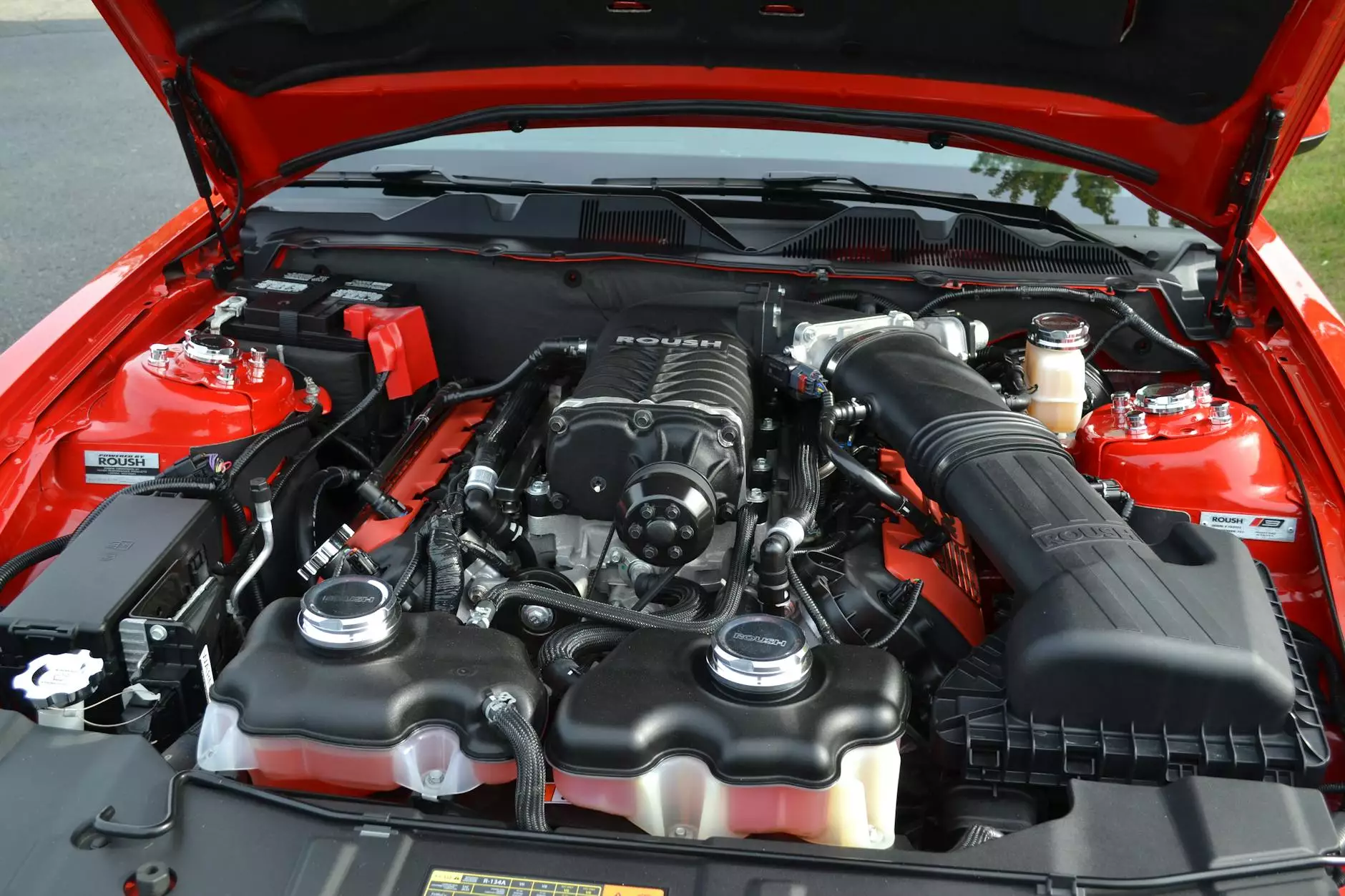Japanese Vehicle Parts: Enhancing Your Automotive Experience

The automotive world is constantly evolving, and one of the most notable influences on this industry is the dominance of Japanese vehicle parts. Renowned for their reliability, innovation, and performance, parts sourced from Japan have become a favorite among car enthusiasts, mechanics, and everyday drivers alike. This article dives deep into the world of Japanese vehicle parts, exploring their significance, benefits, and how they can transform your automotive experience.
1. Understanding the Significance of Japanese Vehicle Parts
Japanese manufacturers, such as Honda, Toyota, Nissan, and Subaru, are known for producing vehicles that excel in performance and durability. This reputation is not just by chance; a considerable amount of research and technology is poured into every component of their cars. Let’s break down why Japanese vehicle parts are so significant in today’s automotive industry.
- Quality Engineering: The engineering behind Japanese vehicle parts is among the best in the world. From advanced materials to cutting-edge manufacturing processes, these parts are built to last.
- Consistency: Japanese manufacturers maintain strict quality control standards, ensuring that each part meets high-performance criteria.
- Cost-Efficiency: Investing in quality parts often translates into lower long-term maintenance costs. With Japanese parts, you often enjoy a longer lifespan and fewer breakdowns.
- Innovative Technology: Vehicles from Japan are often at the forefront of technological advancements, making use of eco-friendly materials and systems that improve vehicle performance.
2. Categories of Japanese Vehicle Parts
When it comes to Japanese vehicle parts, they can be broadly categorized based on their function and purpose. Understanding these categories can help consumers make informed decisions when purchasing parts. Here are the key categories:
2.1 Engine Components
The engine is the heart of any vehicle, and Japanese engines are celebrated for their efficiency and power. Important engine components include:
- Timing Belts: Crucial for synchronizing engine components.
- Valves: Ensures the proper flow of air and exhaust.
- Piston Kits: Vital for converting fuel into mechanical energy.
- Oil Filters: Critical for maintaining engine lubrication and cleanliness.
2.2 Suspension Parts
Suspension systems affect a vehicle's handling, safety, and comfort. Quality suspension parts contribute significantly to performance:
- Shock Absorbers: Enhance ride comfort by absorbing bumps.
- Control Arms: Provide stability and steering control.
- Sway Bars: Reduce body roll during cornering.
2.3 Brake Components
Brakes are essential for vehicle safety, and high-quality Japanese parts can lead to shorter stopping distances and better longevity:
- Brake Pads: Key for effective stopping power.
- Rotors: Disperse heat generated during braking.
- Brake Calipers: Ensure consistent pressure on brake pads.
3. The Benefits of Choosing Japanese Vehicle Parts
Opting for Japanese vehicle parts comes with a variety of advantages that enhance the overall vehicle performance. A few of the most notable benefits include:
- Reliability: Japanese manufacturers have built a reputation for producing reliable vehicles and parts, reducing the risk of failure.
- Performance: Many Japanese parts are designed to optimize performance, from fuel efficiency to acceleration.
- Resale Value: Vehicles fitted with quality OEM (Original Equipment Manufacturer) parts tend to retain higher resale values.
- Easier Repairs: Availability of parts means you can make repairs quickly, getting your vehicle back on the road faster.
4. Where to Find Quality Japanese Vehicle Parts
Finding quality parts can sometimes be challenging. However, at 1autoparts.com, we provide a wide selection of authentic Japanese vehicle parts. Here are some tips for sourcing these parts:
- Authorized Dealers: Always opt for reputable dealers who specialize in Japanese brands.
- Online Marketplaces: Sites like 1autoparts.com offer convenience and competitive pricing.
- Salvage Yards: Often an affordable option for used parts in good condition.
- Specialty Auto Parts Stores: These stores often carry a wide range of Japanese parts.
5. Tips for Selecting the Right Japanese Vehicle Parts
Selecting the right parts is crucial to ensuring your vehicle operates optimally. Here are some tips to consider:
- Know Your Vehicle Model: Understanding the make and model of your vehicle will help you choose compatible parts.
- Read Reviews: Customer reviews can provide insight into the quality and performance of specific parts.
- Gauge Part Condition: If purchasing used parts, check for any signs of wear or damage.
- Compare Prices: Always check different sources to ensure you’re getting a fair price.
6. The Future of Japanese Vehicle Parts
As the automotive industry moves towards sustainability and electric vehicles, the future of Japanese vehicle parts looks promising. Manufacturers are increasingly focusing on:
- Eco-Friendly Materials: The use of sustainable materials is becoming a priority for many manufacturers.
- Electric Vehicle Technology: As electric vehicles gain popularity, the demand for specific parts is likely to shift.
- Smart Technologies: Integration of advanced technologies such as automated systems and sensors are on the rise.
7. Conclusion: The Vital Role of Japanese Vehicle Parts
In conclusion, Japanese vehicle parts play a critical role in enhancing the performance, safety, and longevity of vehicles. Whether you are a car enthusiast seeking to upgrade your ride or a daily driver in need of reliable components, the importance of quality cannot be overstated. With resources like 1autoparts.com, accessing these components has never been easier. Make informed decisions, embrace the benefits of Japanese engineering, and elevate your automotive experience today!









